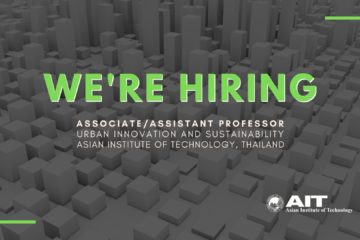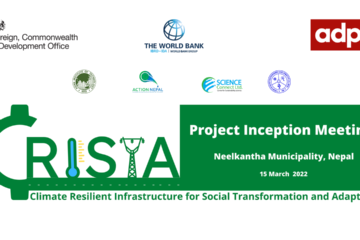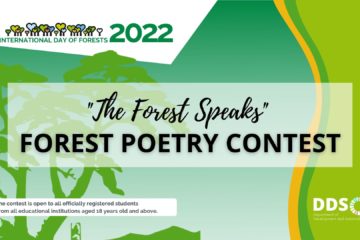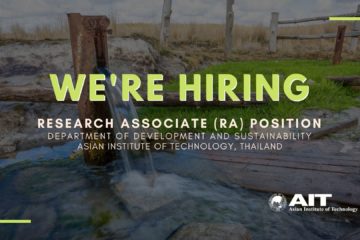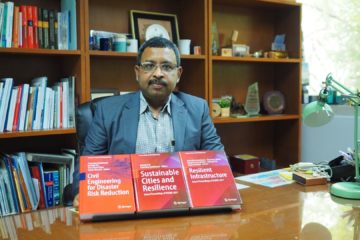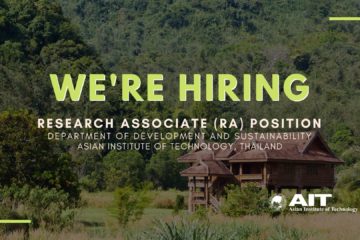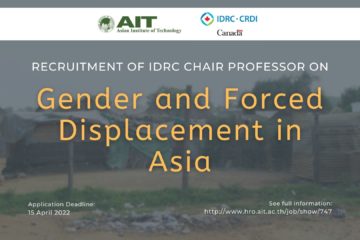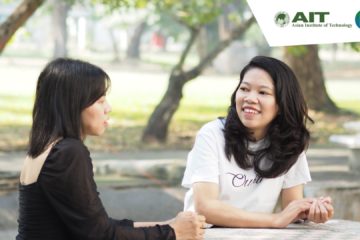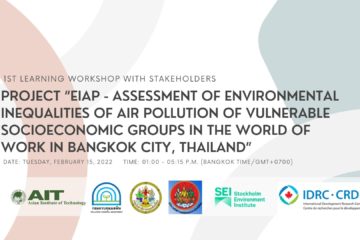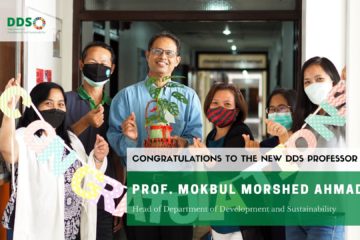DDS is hiring: Faculty Position in Urban Innovation and Sustainability
Applications are invited from dynamic individuals for a direct-hire full-time faculty position at an Assistant/Associate Professor level in the Urban Innovation and Sustainability (UIS) in the Department of Development and Sustainability (DDS), School of Environment, Resources and Development (SERD) at the Asian Institute of Technology (AIT), Thailand.
Rank: Assistant/Associate Professor, depending on qualifications and experience.
Location: Asian Institute of Technology (AIT), Thailand.
Application Deadline: 15 May 2022
Expected to Join the Insitute: August 2022
